Facilities
Nuclear Engineering Program benefits from several advanced facilities that are used by the faculty and students in education and research. The unique facilities include: dedicated computer clusters operated by each research group, large computer clusters operated by the Advanced Computing Research (ARC) unit, a few thermal hydraulics loops, Center for Neutrino Physics, and the Visionarium, the US Naval Academy's nuclear facilities under a signed agreement between USNA and VT.
-
Dedicated Compute Cluster (operated by VT3G)

The Virginia Tech Transport Theory Group (VT3G) has a research cluster for performing large parallel particle transport calculations and multi-physics simulation of nuclear systems :
32 Total Processor Cores (Intel Xeon 2400Mhz)
256 GB System Memory (8GB/Core)
3 TB Storage
Gigabit Network Backplane -
Dedicated Server for VRS-RAPID
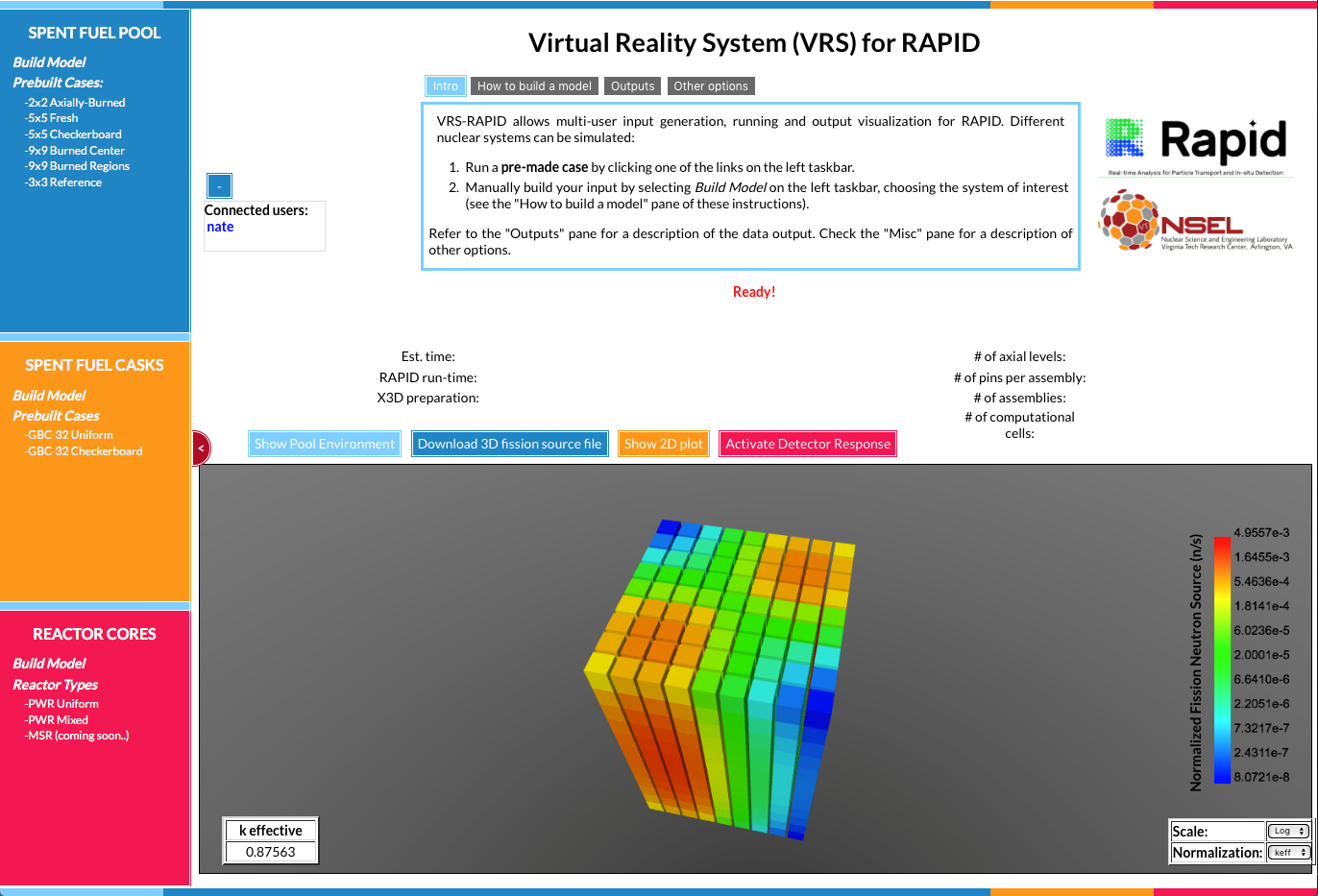
This server provides access to the Virtual Reality System for the RAPID code system that is a collaborative Web application for neutronics simulation of nuclear system on laptops, ipads, or smart phones.
-
Advanced Research Computing

Advanced Research Computing has several high-performance computing systems available to Virginia Tech researchers and collaborators. These include HokieOne (492 cores, 5.3 GB/core), Athena (1344 cores,2GB/core), and Ithaca (672 cores, 3 GB/core).
-
Visionarium
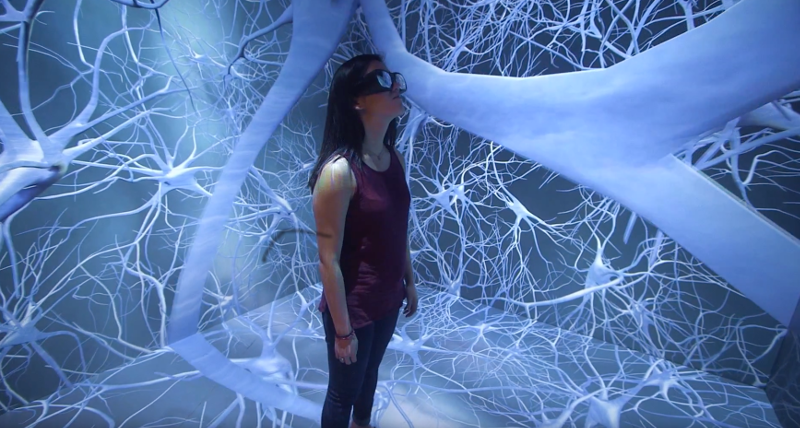
The VT Visionarium maintains various visualization devices with different degrees of immersion. The strongest sense of immersion is provided by the VisCube, which features three 10' by 10' walls and a floor of stereo projection screens and a wireless tracking system.
-
Center for Neutrino Physics - CHANDLER Project
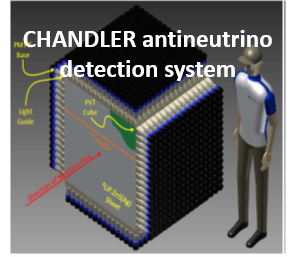
VT3G group is working with CNP on the development of the novel CHANDLER antineutrino detection system.
-
Molten Salt Chemistry Loop
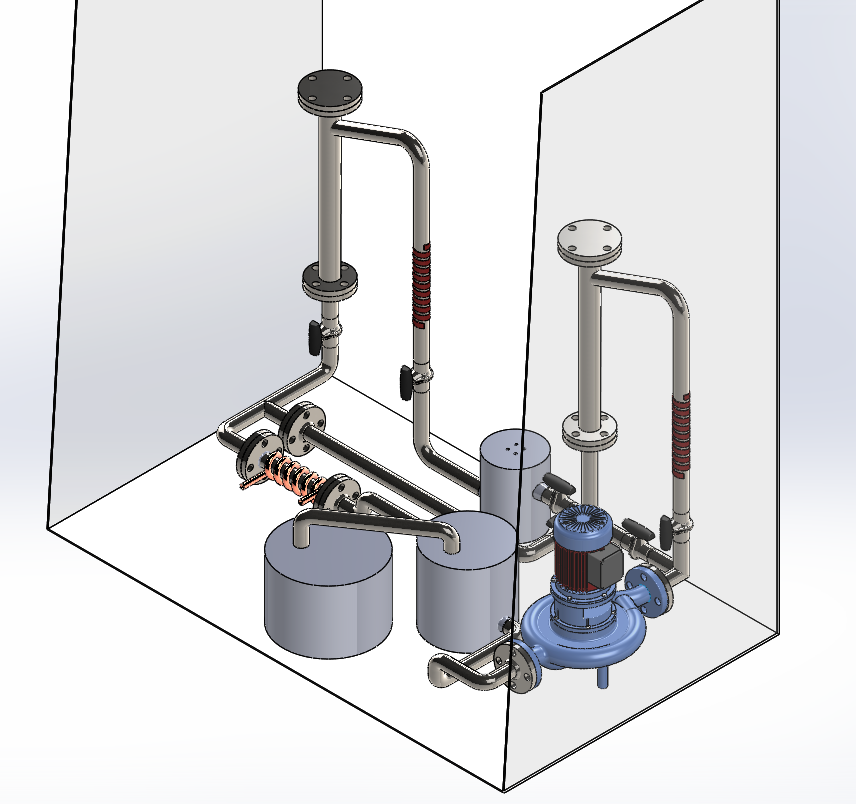
This unique facility is equipped for determination of chemical properties of the molten salt fuel under high temperature.
-
Two-phase Visualization and Measurement Loop
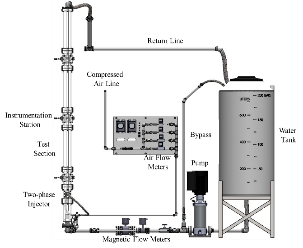
This loop includes advanced conductivity probe, fast X-ray flow imaging system, and particle image velocimetry equipment.
-
High-temperature Water Loops
Two specialized high-temperature for investigation of material performance in high temperature environments.
-
Access to the US Naval Academy (USNA)
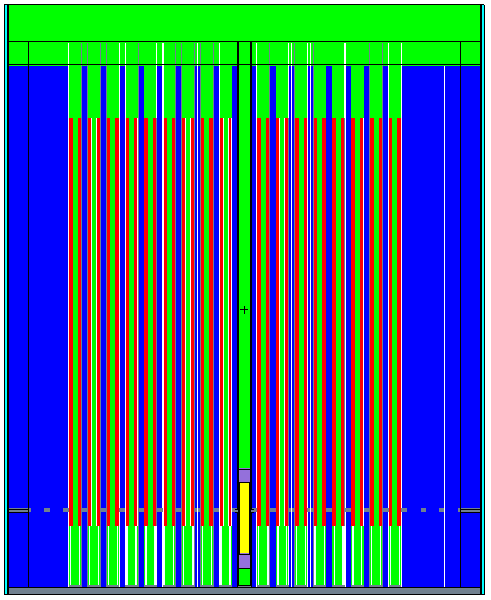
Under an agreement between the USNA and NSEL, faculty and students can use the USNA's nuclear facilities for conducting research.
-
Multiphysics for Advanced Reactor Simulation (MARS) lab
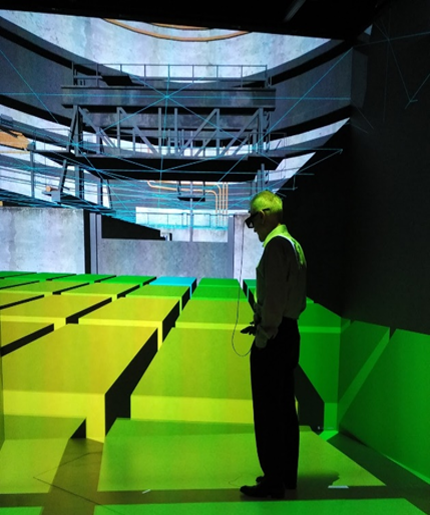
This laboratory has been created in support of the MARS Center. Currently, it includes servers, computers, and large screens for the demonstration of VRS-RAPID code system and the JSI's TRIGA simulator. The lab is used by students and for presentation to visitors.